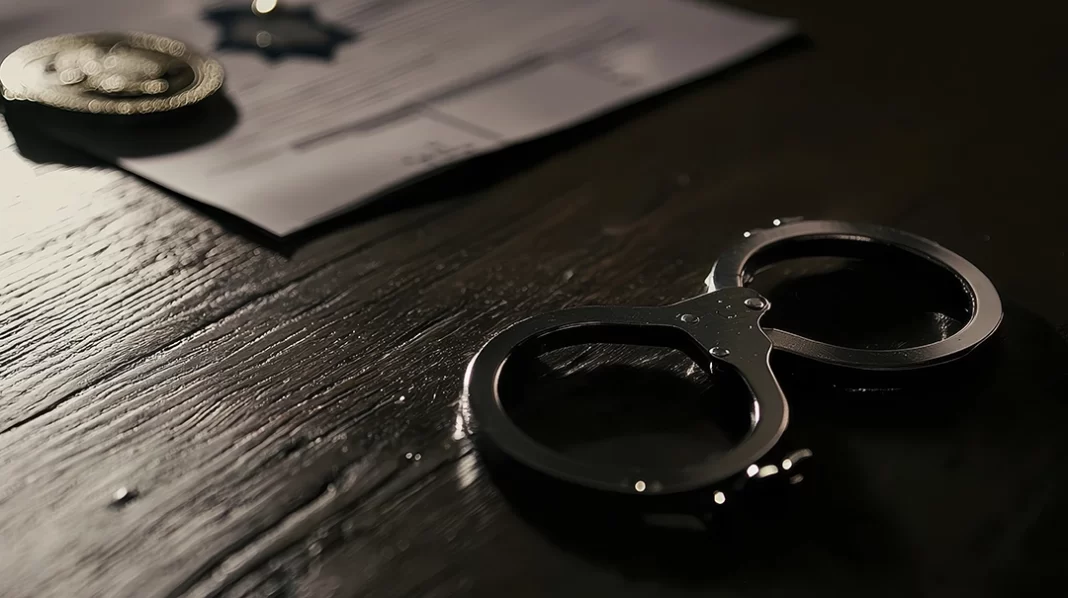Earlier this year, I wrote an op-ed titled “Defending Truth in Turbulent Times: The Role of Sāmoan Media Amid Political Crisis,” published under this same pseudonym. In it, I stood in solidarity with Sāmoan journalists who continue to serve the public interest under immense pressure. Today, I stand again with my colleagues—this time in support of the Journalists Association of Samoa (JAWS) and their call to repeal Section 117A of the Crimes Act 2013.
This provision, which criminalises libel, represents a clear and dangerous threat to press freedom. It creates a legal pathway through which journalists may be criminally prosecuted—facing not just civil litigation but potential prison sentences—for their reporting. At a time when Samoa needs transparency, courage, and accountability more than ever, this law places a muzzle on one of democracy’s most vital institutions: the media.
Journalism Is Not a Crime
Section 117A enables individuals to pursue criminal charges for defamation. Unlike civil defamation, where both parties argue their case in court as equals, criminal libel involves the full power of the state—police, prosecutors, and the courts—against a journalist. Such a framework is inherently unjust and serves only to intimidate.
That is what we are seeing now. The recent charge against respected journalist Lagi Keresoma—filed after an article was published regarding a former police officer—has once again exposed how dangerously broad and punitive Section 117A is. While I will not comment on the specifics of her case, the implications for our nation’s media are alarming. The threat of arrest alone casts a chilling shadow over every newsroom in Samoa.
A Pattern of Suppression
This is not a new issue. In the 1990s, then-political leader and later Head of State Tui Atua Tupua Tamasese Efi filed a defamation case against the Samoa Observer over its reporting. Although the newspaper ultimately issued a retraction and apology, the toll—financial and reputational—was significant. The lesson was unmistakable: challenging authority could carry grave consequences.
In 2018, then-Prime Minister Tuilaepa Sa’ilele Malielegaoi openly threatened legal action against media organisations critical of his administration. Speaking in Parliament, he labelled journalists “dangerous” and accused them of damaging Samoa’s image abroad. Such rhetoric, paired with the threat of criminal prosecution, creates a hostile and fearful environment for journalists attempting to uphold their professional duty.
These examples underscore why laws like Section 117A are deeply problematic. They invite political misuse and disproportionately punish those who serve the public interest by shining a light on power.
The Regional and Global Context
Across the Pacific and the wider democratic world, criminal defamation laws are being repealed. Samoa is becoming an outlier.
In Aotearoa New Zealand, where I am based, defamation is a civil matter. Journalists are held to high standards through legal and regulatory systems, including the Defamation Act 1992, the Media Council, and the Broadcasting Standards Authority. But they do their work free from the fear of arrest. They are protected by a strong legal culture that values press freedom as essential to public accountability and democratic resilience.
Even in times of intense political tension—whether during general elections, the COVID-19 response, or major judicial inquiries—New Zealand’s media operates without fear of criminal prosecution. This legal protection enables stronger reporting, more transparency, and better governance.
The Pacific Media Freedom Report 2021, produced by the Pacific Media Centre, identified Samoa as “at risk” in terms of media independence—citing Section 117A as a primary concern. International press freedom organisations have made similar assessments, urging Pacific nations to modernise their defamation laws and bring them in line with international human rights standards.
Repealing Section 117A: A Constitutional Imperative
Article 13 of the Constitution of Samoa guarantees freedom of expression. Section 117A directly contradicts that guarantee. If journalists can be imprisoned for their reporting, then freedom of expression is no longer a right—it becomes a privilege, granted or revoked based on political sensitivity.
Repealing this law does not mean giving journalists a free pass. It means allowing for legitimate disputes to be resolved fairly, through civil channels where the emphasis is on truth, harm, and remedy—not punishment and fear.
The Role of the Media in a Healthy Democracy
Journalists are not above scrutiny. Like any profession, the media must be held to standards of accuracy, fairness, and ethical responsibility. But journalism is not a crime. It is a public service—often a sacrificial one—carried out in the interest of accountability and informed citizenship.
When journalists are threatened with imprisonment for doing their job, it is not just the media that suffers. It is the people of Samoa who are denied the right to know, the right to question, and the right to hold leaders to account.
A Moment of Decision
The charge against Lagi Keresoma presents a moment of reckoning—not just for media professionals, but for lawmakers, public officials, and the citizens of Samoa. We must ask ourselves: What kind of nation do we want to be? One where journalists are silenced by outdated laws? Or one where the truth, even when inconvenient, is allowed to breathe?
I call upon the Government of Samoa, the Ministry of Police and Prisons, and Members of Parliament to repeal Section 117A of the Crimes Act 2013. Let us reaffirm Samoa’s commitment to democratic principles, constitutional rights, and media freedom.
We cannot have a free country without a free press. Repealing criminal libel is a necessary step toward a more just, informed, and democratic Samoa.
This article is written by one who stands in solidarity with journalists in Sāmoa who continue to face threats and hostility for upholding the principles of truth and accountability.
References
- Crimes Act 2013 (Samoa), Section 117A: Criminal Libel
- Tui Atua Tupua Tamasese Efi v. Samoa Observer, Supreme Court of Samoa, 1997
- RNZ Pacific, “PM warns journalists on reporting false information,” March 2018
- Pacific Media Freedom Report 2021, Pacific Media Centre, Auckland University of Technology
- New Zealand Defamation Act 1992
- New Zealand Media Council and Broadcasting Standards Authority
- “Defending Truth in Turbulent Times,” by Tanuvasa Satele, 2025





